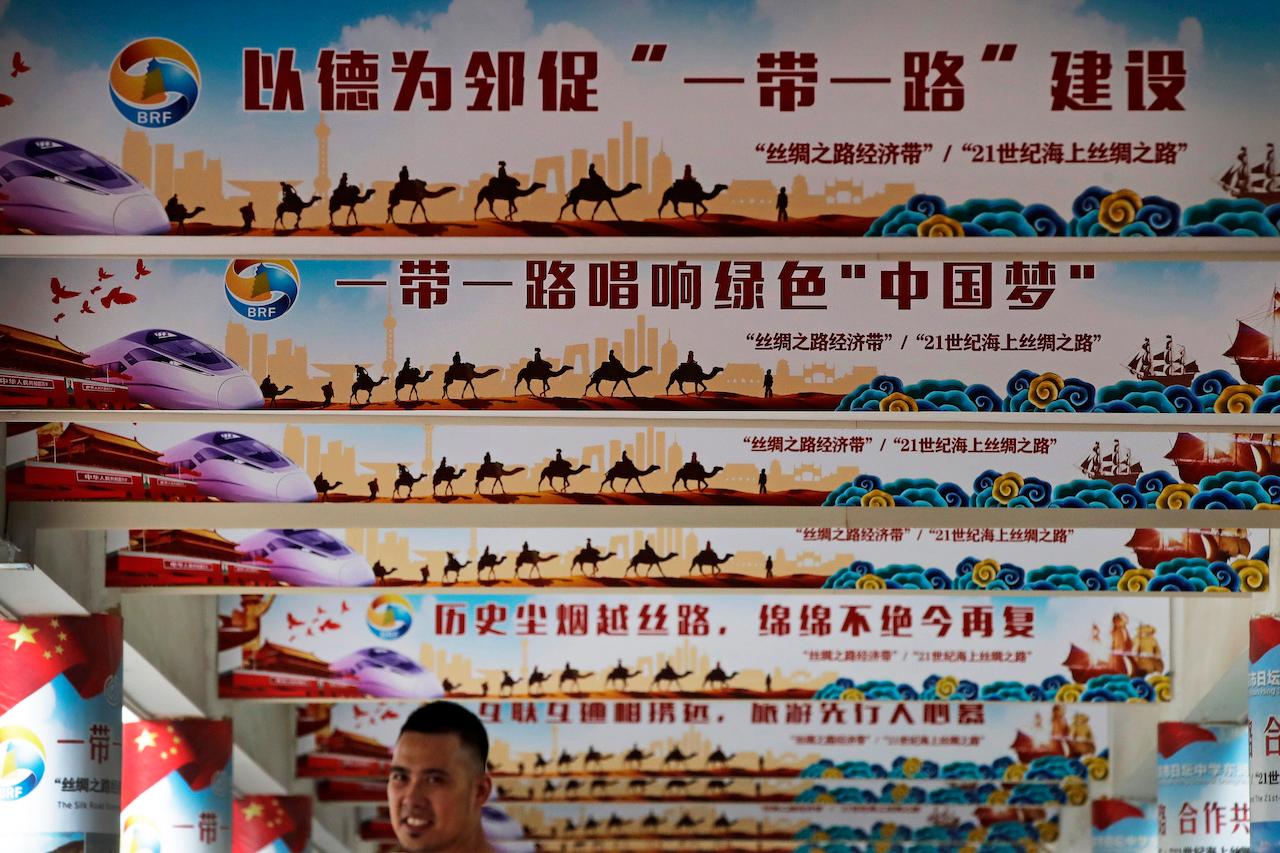China condemns Australia’s ‘provocative’ cancellation of state Belt and Road deals
This is the first time Canberra has used new powers which allow the Commonwealth to veto any deals between state administrations and foreign governments.
Australia has pulled out of two deals agreed between the state of Victoria and Beijing as part of China’s Belt and Road Initiative.
The move has drawn heavy criticism from the Chinese embassy in Canberra.
Australian Foreign Minister Marise Payne announced on Wednesday that she had halted the deals, including a Victoria-Beijing agreement designed to underpin the expansion of Chinese infrastructure in the south-eastern state.
The decision was branded “unreasonable and provocative” in a statement by the Chinese embassy.
“It further shows that the Australian government has no sincerity in improving China-Australia relations. It is bound to bring further damage to bilateral relations, and will only end up hurting itself,” the delegation added.
The two Australian deals are part of the Belt and Road Initiative – China’s global infrastructure project that aims to build a trans-continental energy and transport network between Asia, Europe and other regions.
Victoria’s Premier Daniel Andrews had signed a 2018 memorandum of understanding with the National Development and Reform Commission of China, as well as a 2019 framework agreement.
Payne’s announcement marks her first use of new powers granted by the federal parliament in December, which allow the Commonwealth to veto any deals between state administrations and foreign governments.
The powers came in amid a period of frosty relations between Canberra and Beijing due to disputes over the Covid-19 pandemic and Australia’s exclusion of Chinese tech company Huawei from its 5G cellular network.
In response, China – Australia’s largest trading partner – slapped tariffs on a number of Australian imports, including wine, beef, barley and lobster.
The effects on other Australian exports have been wide ranging.
In March, 28 Australian hay exporters to China failed to get their expired permits renewed, ABC News reported, threatening the nation’s US$121 million hay export market to China.
According to the Global Times, China consumes about a million tonnes of hay a year, with 300,000 tons coming from Australia, which is its sole source of hay imports. The rest is provided by Chinese domestic producers.
The report said that Beijing is looking at other options for this feed material, including increasing domestic production and looking at new sources of imports.
Economic tensions between China and Australia have escalated in recent years, after Australia began cracking down on Chinese investment in the country.
Tensions were raised again last year, when Australia called for an international inquiry into the origins of the coronavirus outbreak, prompting accusations from Beijing that Australian lawmakers were acting on orders from Washington.
Subscribe to our newsletter
To be updated with all the latest news and analyses daily.
